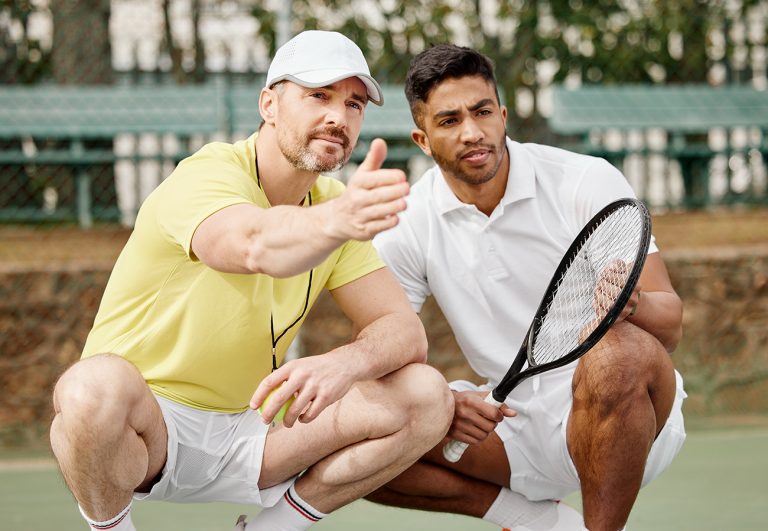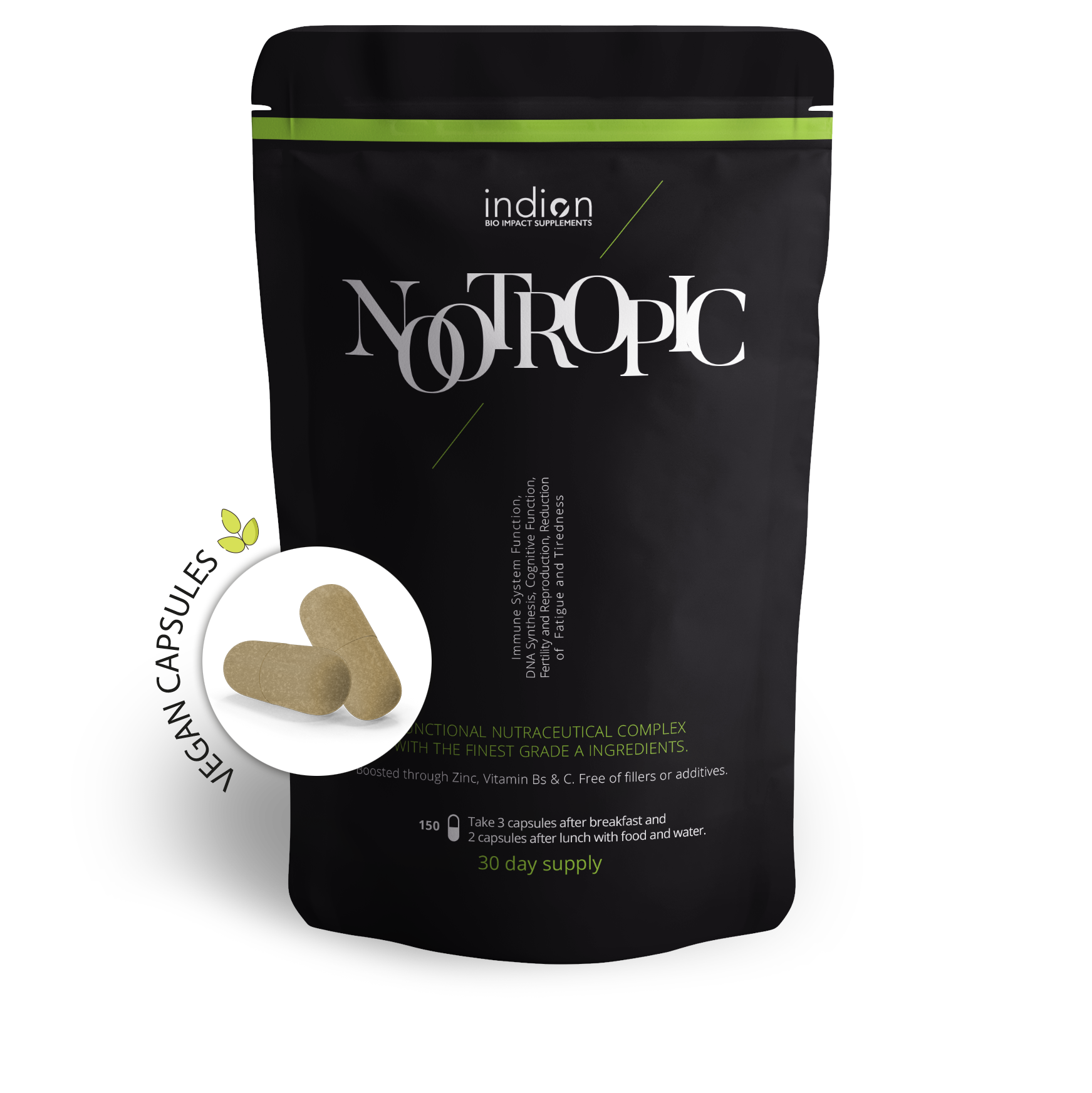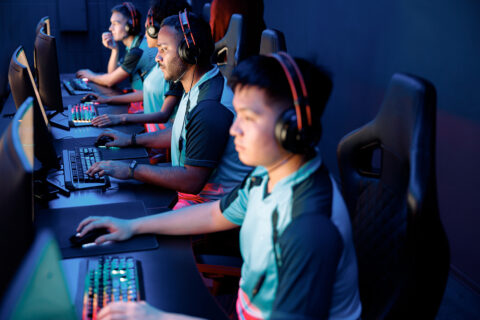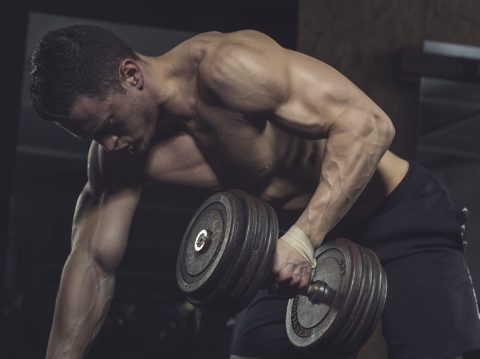Tennis is a popular sport that requires a combination of physical and mental skills. The game involves intense physical movements such as running, jumping, hitting, and serving while maintaining a high level of mental focus to outsmart the opponent.
Being able to concentrate properly and maintain focus during the entire game is essential for success in tennis. Tennis is a highly competitive game played by individuals or teams.
It originated in France in the 12th century and has evolved over time to become one of the most popular sports worldwide. The game requires intense physical and mental demands from players as it involves quick decision making, agility, speed, coordination, power, endurance, and reaction time.
Brief Overview of Tennis Physical and Mental Demands
Playing tennis requires an optimal combination of physical fitness and mental toughness. Tennis players need to have excellent hand-eye coordination to execute their shots accurately under pressure while on the move.
They also need quick reflexes to react to their opponent’s shots appropriately. In addition to these physical requirements, tennis also demands high levels of mental fitness from players.
Players must be able to concentrate on every point played throughout the game without losing focus or getting distracted by external factors such as crowd noise or weather conditions. They must maintain their composure even when things are not going well for them on the court.
Importance of Concentration in Tennis
Concentration is fundamental when it comes to playing tennis at a high level. Players need excellent concentration skills because they face numerous challenges throughout the game that require them to remain alert at all times.
For example, they need immediately react with agility after seeing where ball bounces so they can cover more ground in less time which will improve chances for winning shots. Moreover, being able to concentrate effectively enables players not only early recognition but also increases their ability foresee what opponents will do next which can be a significant advantage.
By maintaining focus and observing their opponent’s moves, players can make quick decisions that will put them ahead in the game. Thus, concentration is an essential skill that separates successful tennis players from those who struggle to keep up with the rigors of the game.
Understanding Concentration in Tennis
Tennis requires a great deal of mental effort and focus, especially during high-pressure situations. Concentration is a key component to success in tennis as it helps players stay focused on the task at hand and block out any distractions. In this section, we will explore the definition of concentration in tennis, the different types of concentration, and the factors that affect it.
Definition of Concentration in Tennis
Concentration refers to the ability to focus one’s attention on a specific task or goal while ignoring distractions. In tennis, concentration involves staying focused on the ball and anticipating its trajectory while also being aware of one’s opponent’s position on the court. Without proper concentration, players may miss opportunities to make shots or fail to react quickly enough to their opponent’s moves.
Types of Concentration (Broad vs Narrow)
There are two main types of concentration in tennis: broad and narrow. Broad concentration involves being aware of all aspects of play such as your opponent’s positioning and movements while simultaneously focusing on your own movements. This type of focus is important during pre-match analysis when developing an overarching game plan.
On the other hand, narrow concentration is more specific and focuses solely on a particular aspect, such as following through with your swing when hitting a forehand. This type of focus is useful during actual gameplay when you need to concentrate exclusively on making individual shots without getting distracted by external factors.
Factors that Affect Concentration (External and Internal)
Numerous factors can influence an athlete’s ability to concentrate effectively during competition; these can be classified into external and internal categories. External factors include anything within one’s environment that might distract them or draw their attention away from playing optimally such as noise from spectators or changing weather conditions. Internal factors are those that involve personal characteristics like anxiety levels or internal dialogue.
The ability to manage one’s emotions and remain composed under pressure is crucial in maintaining good focus during high-stress situations. Thus, players must work on their own emotional regulation skills outside of the game to maintain strong mental focus when it matters most.
NOOTROPIC BLEND
Mental peak performance on demand
The NOOTROPIC BLEND is a complex that helps you to get "in the zone", by boosting concentration, attentiveness, and responsiveness through the utilization of some of the most powerful nootropic ingredients available.
- Mind booster for more creativity
- Promotes concentration and focus
- For sustained performance
- Antioxidants protect the brain
- 2 capsules daily, 30 minutes before work, competition, exam or training
The Art of Focusing: Mastering Concentration in Tennis for Optimal Performance
Techniques to Improve Concentration in Tennis
Pre-Match Preparation: The Key to Mental Focus
Concentration is not something that just happens during a match. It starts way before the first serve.
Pre-match preparation is essential for mental focus and concentration on the court. Adequate sleep, proper nutrition, and hydration are basic requirements for good concentration.
However, there are additional strategies that can help a player stay focused during a match. One such strategy is mental rehearsal, which involves visualizing the match beforehand.
Imagining yourself performing well on the court helps build confidence, increases motivation, and strengthens your concentration skills. It’s like practicing without actually hitting any balls physically.
Another effective technique is positive self-talk, which involves using affirmations and statements to build confidence and maintain a positive attitude. Players can repeat phrases like “I can do this,” “I am prepared,” or “I am confident.” Positive self-talk helps to combat negative thoughts or doubts that may distract players during matches.
During the Match: Staying Present with Breathwork and Rituals
During a match, it’s easy to get overwhelmed by all the external distractions such as noise from spectators or even your opponent’s grunts when hitting shots. It’s crucial to train your mind to stay present in the moment. Focusing on breathing techniques can be extremely helpful during matches when you’re feeling nervous or distracted.
Take deep breaths before serving or receiving serves- inhale deeply into your stomach and breathe out slowly through your mouth- This helps calm down players by reducing anxiety levels. Establishing rituals can also be beneficial in helping players maintain focus during matches; these include bouncing a ball three times before serving or taking deep breaths between points; These rituals help players create consistency in their routines which makes them feel more comfortable under pressure situations.
Post-Match Analysis: The Importance of Reflection and Goal-Setting
After a match, it’s essential for players to reflect on areas where they could improve concentration. This helps identify weaknesses and strengths in concentration that need attention. Reflecting on the match can be done by replaying the key moments in your head, thinking about how you felt during those moments, and how you responded.
Another important part of post-match analysis is setting goals for future matches. These goals should be specific, measurable, attainable, realistic and time-bound (SMART).
They can be related to mental focus or any other aspect of the game such as footwork or serve accuracy. Having clear goals helps players stay motivated and maintain their focus during matches.
Physical Training to Improve Concentration in Tennis
In addition to mental training, physical preparation can also help tennis players improve their concentration on the court. Cardiovascular exercise, strength training and flexibility work are all important components of a well-rounded training program that can help players maintain focus during matches.
Cardiovascular Exercise
Cardiovascular exercise is an important part of overall fitness and can also help improve concentration during tennis matches. Engaging in regular cardiovascular activity increases blood flow to the brain and helps improve cognitive function. It also helps reduce stress, which can be a major distraction for players on the court.
Some good cardiovascular exercises for tennis players include running or jogging, cycling, swimming or using a treadmill or elliptical machine. The best type of cardiovascular exercise for each player depends on their overall fitness level and personal preferences.
Strength Training
Strength training is another important component of physical preparation for tennis players looking to improve their concentration on the court. Strength training not only helps build muscle mass and power but also improves coordination, balance and stability. These are all critical elements of successful tennis play.
Strength training exercises that work well for tennis players include squats, lunges, deadlifts and bench press. Players should aim to perform these types of exercises at least two to three times per week in order to see significant improvements in their strength levels over time.
Flexibility Training
Flexibility is another key element of physical preparedness for tennis players looking to enhance their focus on the court. Improved flexibility allows players to move more freely around the court without risk of injury or strain. There are many different types of flexibility exercises that can be incorporated into a player’s warm-up routine or as part of post-match recovery stretches.
Some examples include hamstring stretches, hip openers, shoulder mobility drills and backbends. Including these exercises in a regular training program can help players become more agile and flexible, which can in turn improve their ability to concentrate on the court.
Conclusion
Recap of the importance of concentration in tennis
Concentration is a crucial element in tennis that can make or break a player’s performance. Tennis players need to maintain their focus throughout the match, without getting distracted by external stimuli or internal thoughts.
A lack of concentration can lead to unforced errors and missed opportunities on the court. Concentration allows players to stay in the moment, react quickly, and make better decisions during matches.
Without it, players may become overwhelmed by pressure and lose confidence in their abilities. In addition, good concentration leads to a sense of control over one’s game and helps reduce stress and anxiety on the court.
How it can be improved through mental and physical training techniques
Fortunately, there are various mental and physical training techniques that tennis players can use to improve their concentration on the court. Mental preparation before matches is essential for developing strong concentration skills. Visualization exercises allow players to create a mental image of themselves performing well during matches.
Positive self-talk helps boost confidence levels while reducing negative thoughts that could distract from play. During matches, breathing techniques help regulate heart rate and keep players calm under pressure.
Establishing pre-point routines allows them to focus solely on the next point without distractions from previous plays. Physical training also plays an important role in improving concentration since a healthy body yields a healthy mind.
Cardiovascular exercises boost oxygen flow to the brain while strength training improves alertness levels. To be successful on the tennis court requires not only having powerful serves or backhands but also being able to stay focused throughout every point played.
Concentration is essential because it affects all aspects of your game; it impacts your decision-making skills as well as your ability to execute those decisions correctly on every shot made. Hence for any player looking forward to improving his/her performance in tennis should consider incorporating some of these mental and physical training techniques to develop strong concentration skills.
××
Text
What our customers say:
“Since I integrated NOOTROPIC BLEND into my daily routine, I feel more mentally alert and can concentrate longer. It has helped me work more efficiently and improve my memory. A great product that I would recommend to anyone who wants to boost their cognitive performance!”
Laura M., Projectmanager
“NOOTROPIC BLEND has been a real gamechanger for me. As an entrepreneur, I am constantly looking for ways to boost my mental performance, and this product has not disappointed. Since I have been taking it regularly, I have noticed a significant increase in my creativity and problem solving skills. I highly recommend it!”
Markus S., Entrepreneur
“As a student, I often have difficulty concentrating on my learning materials for a long time. With NOOTROPIC BLEND, I was able to noticeably improve my concentration and receptiveness. Now I learn faster and retain what I have learned better in my memory. I am very satisfied with this product and will continue to use it!”
Julia K., Student
NOOTROPIC BLEND
Mental peak performance on demand
The NOOTROPIC BLEND is a complex that helps you to get "in the zone", by boosting concentration, attentiveness, and responsiveness through the utilization of some of the most powerful nootropic ingredients available.
- Mind booster for more creativity
- Promotes concentration and focus
- For sustained performance
- Antioxidants protect the brain
- 2 capsules daily, 30 minutes before work, competition, exam or training
You might also be interested in:
Nootropic Blend
Nootropics for Motivation
Ever felt like you’re stuck in a rut, unable to muster the energy or motivation [...]
Nootropic Blend
Nootropic Blend: best focus supplement for gaming
Discover the best nootropic blend for gaming! Our article explores the benefits, ingredients and factors [...]
Nootropic Blend
Can Smart Drugs Improve Cognitive Function?
This article explores the potential benefits and drawbacks of using smart drugs for cognitive enhancement. [...]
Nootropic Blend
Neuroenhancement: brain doping?
Many people are looking for ways to increase their cognitive abilities and reach their full [...]
Nootropic Blend
Combat lack of concentration
Discover now the natural formula for more focus and productivity in everyday life. Increase concentration [...]
Nootropic Blend
Clearing the Brain Fog: How Nootropics can Enhance Cognitive Function and Boost Productivity
Discover how nootropics can help you tackle brain fog. Learn about the best types of [...]
Nootropic Blend
Navigating the World of Brain Boosting Nootropics: From Racetams to Rhodiola
Unlock your cognitive potential with brain-boosting nootropics. Learn about different types, benefits, and safe use [...]
Nootropic Blend
How ashwagandha effect muscles
Discover the effects of ashwagandha on muscle health. Learn how this adaptogenic herb can enhance [...]







